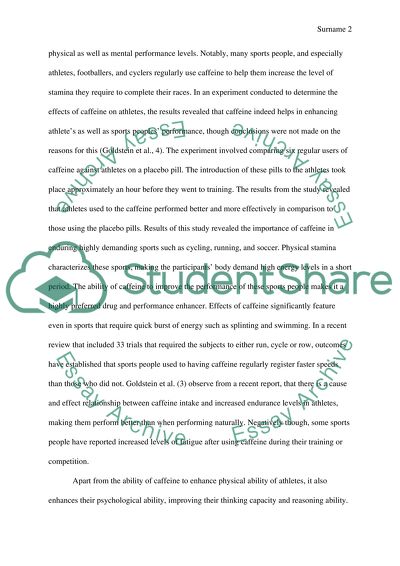Cite this document
(“The Effect of Caffeine on Sports Performance Essay”, n.d.)
Retrieved from https://studentshare.org/health-sciences-medicine/1483679-the-effect-of-caffeine-on-sports-performance
Retrieved from https://studentshare.org/health-sciences-medicine/1483679-the-effect-of-caffeine-on-sports-performance
(The Effect of Caffeine on Sports Performance Essay)
https://studentshare.org/health-sciences-medicine/1483679-the-effect-of-caffeine-on-sports-performance.
https://studentshare.org/health-sciences-medicine/1483679-the-effect-of-caffeine-on-sports-performance.
“The Effect of Caffeine on Sports Performance Essay”, n.d. https://studentshare.org/health-sciences-medicine/1483679-the-effect-of-caffeine-on-sports-performance.


